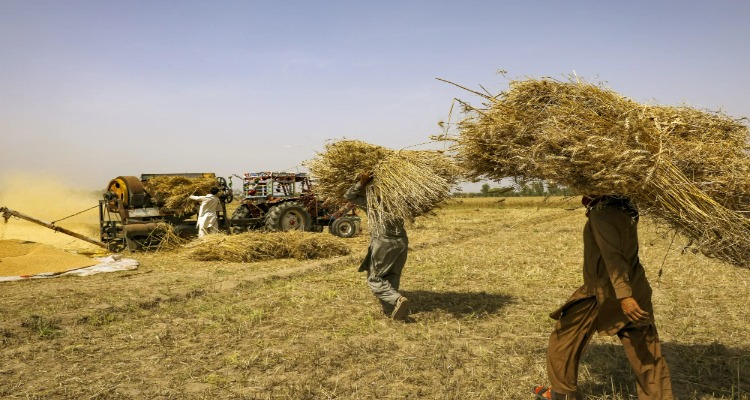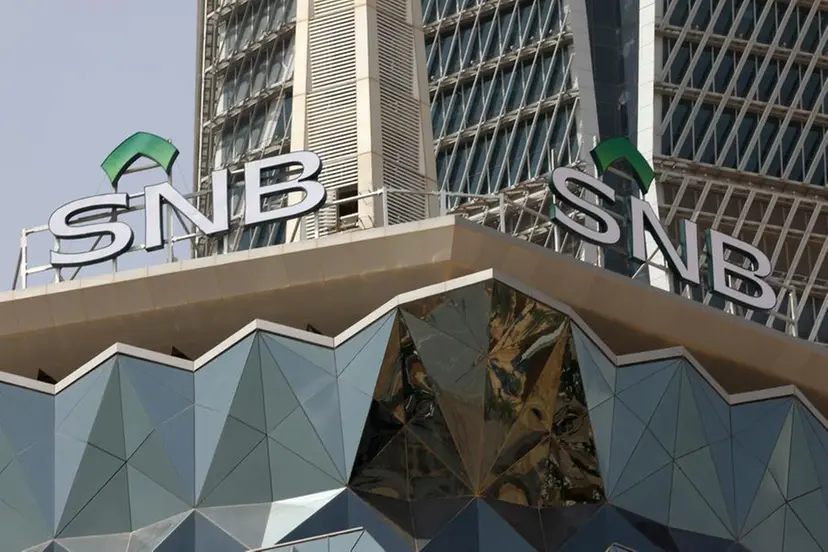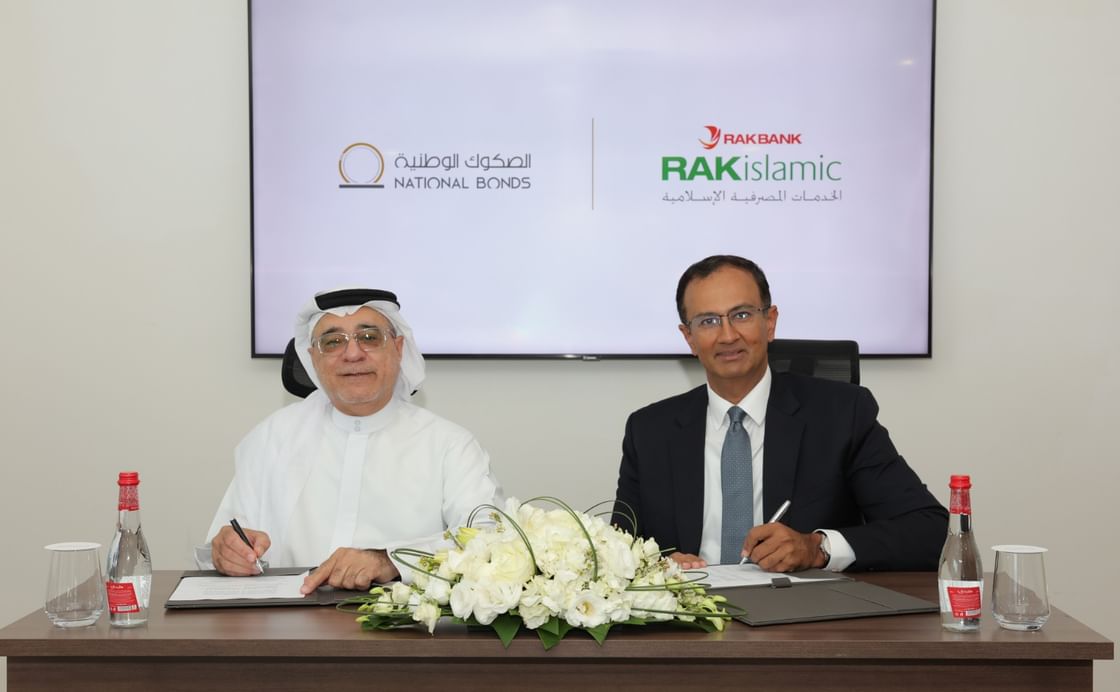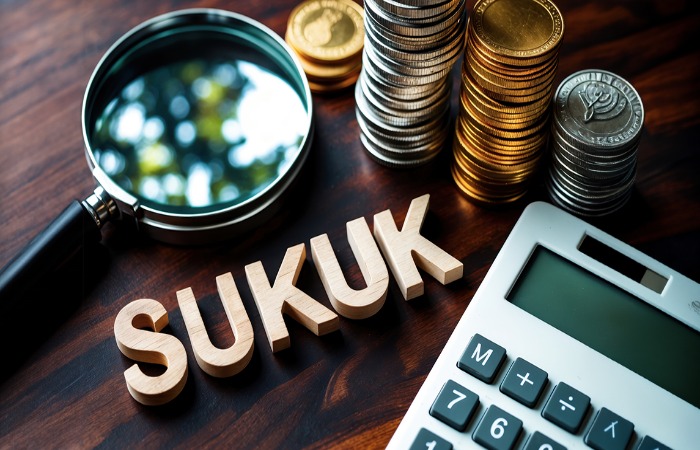Pakistan has launched its first-ever Agri-Infrastructure Sukuk, a Shariah-compliant financial instrument designed to modernize the country’s agricultural sector while promoting climate-resilient, ethical investment. Valued at Rs 2 billion, or approximately $7.1 million USD, the Sukuk is fully subscribed by institutional investors and carries a 100% principal credit guarantee. It marks a critical step in aligning Islamic finance with Pakistan’s development goals, including food security, renewable energy, and climate adaptation.
The proceeds from the Sukuk will fund modernization projects led by a private food company, including the installation of 1MW wind turbines, a 0.5MW solar plant, and the construction of new grain silos and warehouses to boost food storage capacity. Additionally, funds will support wheat and rice processing facilities in Karachi and Lahore, contributing to the expansion of essential staple food production. The project is backed by InfraZamin Pakistan, with BankIslami Pakistan serving as the mandated lead arranger.
This innovative structure not only complies with Islamic financial principles by avoiding interest (riba) but also offers profit-sharing based on tangible assets. With Pakistan’s agriculture sector employing 40% of the workforce and contributing around 24% of GDP, the Sukuk offers a faith-aligned alternative to conventional finance, especially for devout Muslim farmers previously excluded from interest-bearing loans. It also targets climate-resilient infrastructure, including solar irrigation systems and water-saving technologies.
Experts and stakeholders view the Sukuk as a replicable model for future Islamic development finance. While its success will depend on continued financial literacy efforts and robust oversight, the initiative sets a precedent for sustainable, inclusive growth. It could eventually be scaled to cover broader sectors like livestock and fisheries and attract global ethical investors focused on ESG and halal markets.















